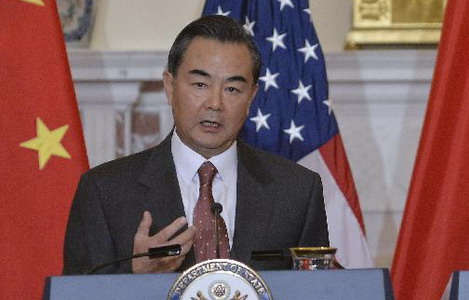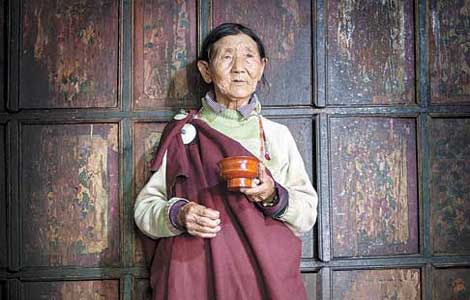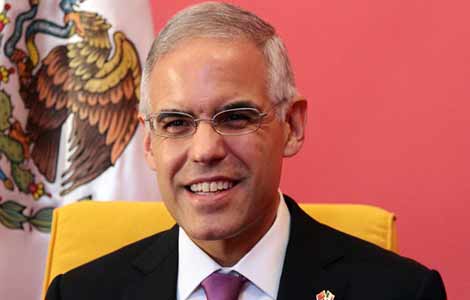Tougher penalties to hit travel agencies
Updated: 2013-09-20 00:00
By Hou Liqiang (China Daily)
|
||||||||
Groups must buy tickets to tourist spots from authorized channels
Travel agencies organizing overseas trips and group guides who buy fake admission tickets face stricter penalties, according to the China National Tourism Administration.
The moves follow an incident where a group of Chinese tourists tried to use fake tickets to visit the Louvre Museum in Paris.
In a notice issued to tourism agencies and overseers on Wednesday, the China National Tourism Administration demanded that they tighten management of tour groups.
They were told "to prevent any similar cases (to the Louvre incident) from happening again, guarantee the legal rights and interests of Chinese tourists and safeguard the image of China's tourism industry ".
The number of Chinese outbound tourists has doubled since 2007 to nearly 83.2 million in 2012, according to the NTA.
While urging agencies to buy tickets through authentic channels, the notification also vowed to impose stricter penalties on those agencies or guides who continued to purchase fake tickets.
The use of fake tickets first came to light on Aug 12 when a guide accompanying a group of Chinese tourists handed in poor-quality tickets at the Louvre, French newspaper Le Parisien reported.
More fake tickets were submitted by Chinese tourists two days later but were of "very good quality, perfect clones of the real tickets", the paper said.
On Aug 19, Belgian customs officers seized a package from China containing 3,600 fake entry tickets for the museum, according to reports.
The standard price for tickets for the museum costs between 11.6 euros ($15.7) and 13.6 euros.
The incident drew heavy criticism on Weibo. Many netizens called it a shameful incident that "seriously damaged the image of Chinese people".
Another incident which also attracted Weibo comment occurred in Beijing. Chinese characters reading "Xu Donghui", a person's name, were engraved on the right leg and stomach of a Buddha statue in Qianling Mountain Park.
In May, a young Chinese tourist etched graffiti onto a wall in an Egyptian temple.
A new law, which will take effect from Oct 1, stipulates that tourists should respect local culture and customs and protect the environment.
Chen Xu, a researcher at the China Tourism Academy, said the small number of unruly tourists are giving the vast majority of well-behaved tourists a bad name.
Media exposure helps boost public awareness, he said, adding that the regulations need to be strengthened to target those who produce and sell fake tickets.
Li Xiang contributed to this story.

 iPhone 5s, iPhone 5c hit Chinese market
iPhone 5s, iPhone 5c hit Chinese market
 China to play 'constructive' role on Syria: FM
China to play 'constructive' role on Syria: FM
 iPhone 5s, iPhone 5c hit Chinese market
iPhone 5s, iPhone 5c hit Chinese market
 Faces of Tibet
Faces of Tibet
 Full moon across China
Full moon across China
 Wearable technology, the new game-changer
Wearable technology, the new game-changer
 Tapestry of Chinese culture and a Harvard teen's feeling
Tapestry of Chinese culture and a Harvard teen's feeling
 A simple but pure festival tradition
A simple but pure festival tradition
Most Viewed
Editor's Picks

|

|

|

|

|

|
Today's Top News
UN lauds China on food waste efforts
Chinese firms face trust deficit
13 injured in Chicago park shooting
Wang and Kerry meet in DC
Belgian zoo owner set to host Chinese pandas
Trending news across China
Fast-track process sees more NGOs
Beijing sends out positive smoke signals
US Weekly

|

|





